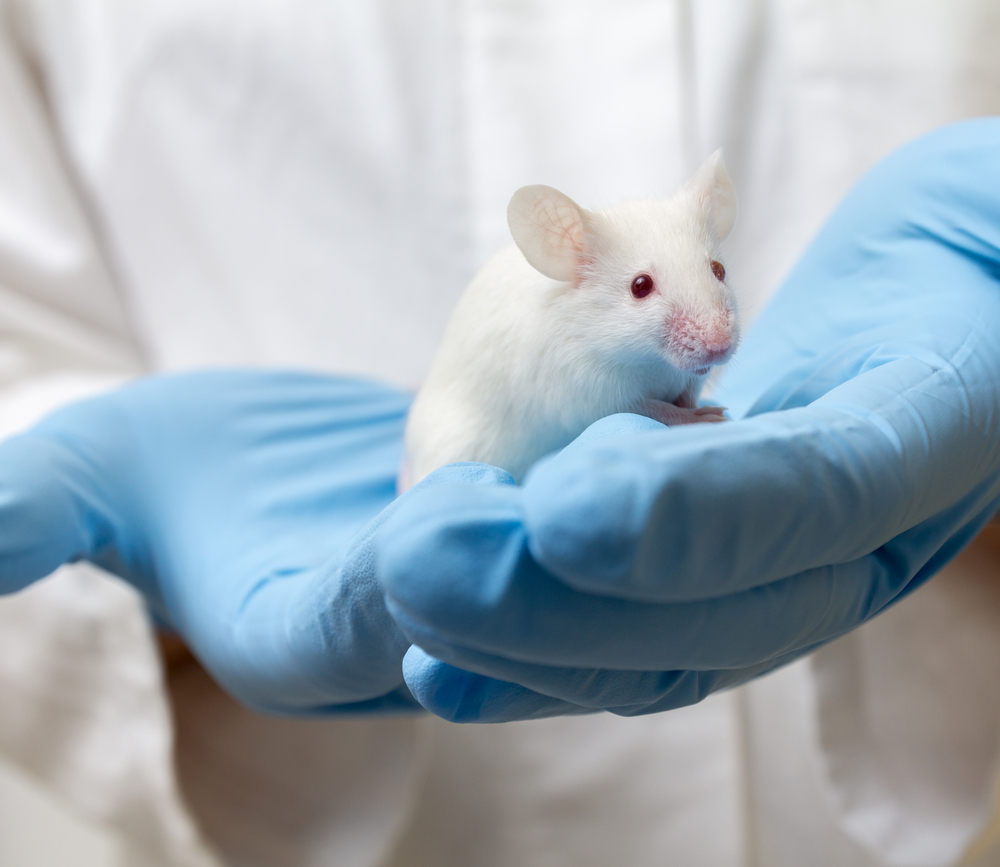Seelos Begins Animal Study Investigating SLS-007 as Parkinson’s Treatment

Seelos Therapeutics has begun a preclinical study in rodents to test a gene therapy approach to deliver its investigational candidate SLS-007, a potential treatment for Parkinson’s disease. Results are expected by late this year or early 2021.
One hallmark of Parkinson’s disease progression is the formation of Lewy bodies, abnormal protein clusters that form in brain cells and disrupt their regular function. These clusters are toxic to nerve cells and are thought to underly the development of Parkinson’s. A major component of Lewy bodies is the protein alpha-synuclein.
SLS-007, which was developed originally by a team of researchers at the University of California, Los Angeles, is a family of molecules, known as peptide blockers, that are designed to lessen alpha-synuclein aggregation.
Specifically, SLS-007 targets the non-amyloid core region of the alpha-synuclein protein, which is more prone to aggregation.
Previous, in vitro studies — experiments conducted outside of a live animal — showed that SLS-007 had the potential to block Lewy body formation by preventing the clustering of alpha-synuclein.
This was accomplished by preventing the propagation and seeding of alpha-synuclein, a process in which a small amount of the protein provides the template for the aggregation of normal protein into larger clusters, or clumps.
“In in vitro models, halting or slowing the aggregation of alpha synuclein dramatically slowed the formation of Lewy Bodies which are the hallmarks of the pathogenesis of Parkinson’s,” Raj Mehra, PhD, chairman and CEO of Seelos, said in a press release.
Having established the potential benefit of SLS-007 as a disruptor of Lewy body formation, the researchers now have begun to investigate the treatment in mice.
The team will use a transgenic mouse model that previously was designed to study the propagation of alpha synuclein. Researchers will test a modified, harmless form of a virus, called an adeno-associated virus (AAV1/AAV2), as a vehicle (or vector) to deliver SLS-007.
Two specific peptides that comprise SLS-007, called S62 and S71, have been tagged with a unique marker that will allow researchers to track their activity. Production of the AAV vectors already has been completed by Seelos.
Researchers will assess the ability of SLS-007 to protect dopaminergic neurons in these mice. The study also will determine the pharmacokinetics, pharmacodynamics, and target engagement of SLS-007 in mice.
(Pharmacokinetics refers to the movement of a medication within the body while pharmacodynamics refers to the interactions between the body and a compound.)
Research on SLS-007 will augment Seelos’ ongoing studies of SLS-004, an investigational gene therapy that uses another harmless virus, called a lentivirus, to deliver an enzyme called DNA methyltransferase 3A that is thought to limit the production of alpha-synuclein.
“This program [SLS-007] should complement SLS-004 in which we also recently began studies,” said Mehra.






